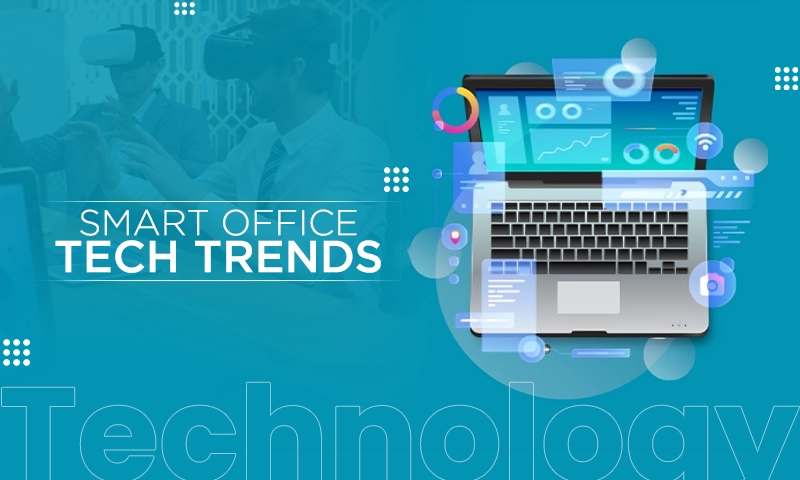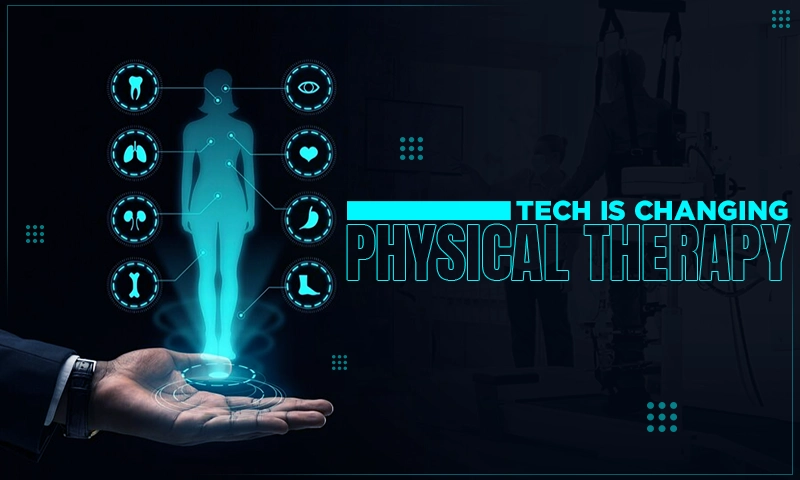Top 5 Best Tower Servers for Small Businesses
What is a Tower Server?
Tower servers are a category of servers where the chassis is designed in an upright cabinet, standalone structure. Appearance-wise, a tower server looks like a regular desktop computer. They are specially designed to be installed in an upstanding position. The cabinet structure is robust and durable and provides a great level of physical protection to the interior components of the server. They use only the essential components and software features which makes them an affordable option for businesses. Small as well as medium-sized businesses that do not require a complete data center infrastructure, use tower servers to execute their applications and workloads.
What are Tower Servers Used for?
Just like any other server, tower servers are also deployed by various organizations to run and operate their business-critical workloads. Since they are modular in structure, they can be customized easily, catering to the specific data center and enterprises’ needs. Tower servers can be used for different demanding applications such as virtual desktop infrastructure (VDI), databases, web hosting, eCommerce websites, cloud computing, machine learning, and artificial intelligence simulations by creating their modules depending on networking, storage, and compute requirements. Businesses use them to manage their databases and also manage corporate networks. Most small businesses use these tower servers as they are available at economical prices, offer high performance, and in general have an excellent total cost of ownership (TCO).
How do the Tower Servers Work?
The tower servers feature a free-standing, vertical cabinet design. Due to the independent nature of their design, multiple tower servers can be added to a single network. They work together to perform all sorts of business tasks with maximum efficiency. One major point to notice here would be that each of these tower servers can store its own respective data. The data storage is not shared across the other tower servers. They are highly scalable as a large number of tower servers can be added to an existing network of servers without affecting the operations. Server maintenance is also affordable and in general, less maintenance is required for tower servers. And they cool quickly.
What are the Benefits of Tower Servers
- Power: Tower servers are capable of providing high computational performance even for challenging workloads. They are available at great prices and this is the reason why small businesses prefer tower servers. Bigger tower servers offer an even greater amount of processing power and are used by many organizations for handling enterprise-grade applications and workloads. The efficient power design and cable management ensure that only the required amount of electric power is used by the tower server. So, their use also results in a reduction in power bills.
- Convenience: Tower servers generate less noise during operation when compared to rack servers. This is due to the low component density of tower servers and also due to the fact that they have a lesser number of fans. Tower servers also use a lower number of cables for connection than rack servers. Less number of cables makes it convenient for the admins to manage the server connections.
- Scalable: Due to the independent nature of the tower servers, multiple tower servers can be added to the current network. They can be replaced and removed from the network for maintenance purposes seamlessly without affecting the entire network system of tower servers. You can also upgrade the tower servers easily as they are highly scalable and easily configurable.
- Cooling: It is noticeable that the tower servers have a really simple design and the component density is also on the lower side. Due to this reason, tower servers can remain cool during operations and do not heat up significantly under heavy usage. The chances of overheating damage or unexpected server downtime in tower servers in very low.
What are the Features of Tower Servers
- Motherboard: Tower servers use a highly efficient motherboard with sophisticated and innovative designs in their configurations that enable them to provide excellent connectivity among all the server components and external peripheral devices. The motherboard forms the backbone of a tower server and it enables effective communication among all the hardware parts.
- Memory: Memory configuration in a tower server helps it to handle memory and resource-intensive workloads without any performance lags. There can be a large number of DIMM slots provided in the tower server that can accommodate fast and high-performance DDR3 as well as DDR4 RAM, They may also have advanced memory ECC features. Tower servers can scale to a large memory capacity very easily.
- CPU: Server processors are the logical unit of the system that processes all the instructions that will help to accomplish any task. Tower servers can support strong, robust, and outstandingly performing processors that make them ideal to tackle data-intensive operations. Good tower servers come with popular and powerful Intel Xeon and AMD EPYC processors.
- Drive Bays: Tower servers can have impressive storage configurations with multiple options for scaling them. Tower servers come with several drive bays that can support various storage drives and can host a large storage capacity. Different types of storage drives such as SAS and SATA HDDs and SSDs and NVMe drives can be installed on tower servers. They can easily fulfill the storage requirements of businesses of all sizes and are also adaptable to future storage needs.
Here is Our Top 5 List of Servers for Small and Medium Businesses:
Dell PowerEdge T30
The Dell PowerEdge T30 server is a mini tower server with support for one Intel Xeon E3-1225V5 and Pentium G4400 Processor. It can hold 4 SATA 3.5-inch and 2 SATA 2.5-inch storage drives. DDR4 memory modules are provided on this server with a max capacity of 64 GB.
Lenovo ThinkServer TS150
The Lenovo ThinkServer TS150 can support one Intel Xeon E3 quad-core processor from the E3-1200 v5 family with an 8 MB cache. It can accommodate four 16 GB TruDDR4 memory modules and has one 2.5-inch and four 3.5-inch non-hot swappable drive bays with a maximum internal storage capacity of up to 24 TB.
Dell PowerEdge T20
The processor configuration on the Dell PowerEdge T20 server can support one processor from the Intel Xeon E3-1200 v3 processor series and can have a maximum storage capacity of 13 TB with four 3.5-inch and two 2.5-inch drive bays. It has four UDIMM slots to have a memory capacity of 32 GB.
HPE ProLiant ML350 Gen 10
The Intel Xeon Scalable 1st and 2nd-generation processors can be installed on this server. A maximum memory capacity of up to 3 TB can be achieved with 24 DIMM slots that can also support DDR4 RAM modules. Different types of high-capacity storage drives can also be installed on this server.
HP ProLiant ML350 G9 5U
The HP ProLiant ML350 G9 5U tower server can support two Intel Xeon E5-2600 v4 series processors. It can have a large storage capacity with the help of storage drives that can be installed in 8 to 48 drive bays. DDR4 RDIMM and LRDIMM are supported in 24 slots on this tower server.
Share
















